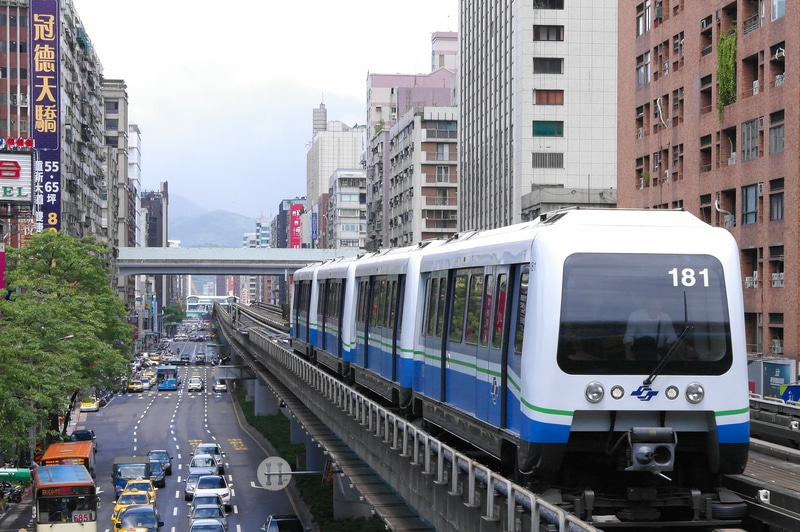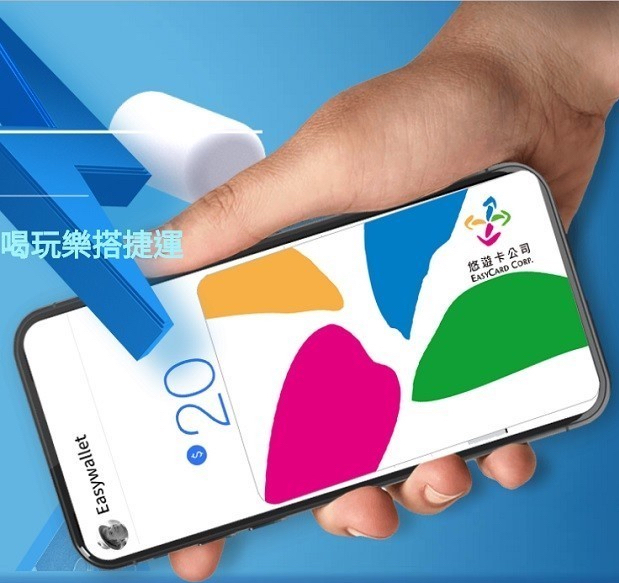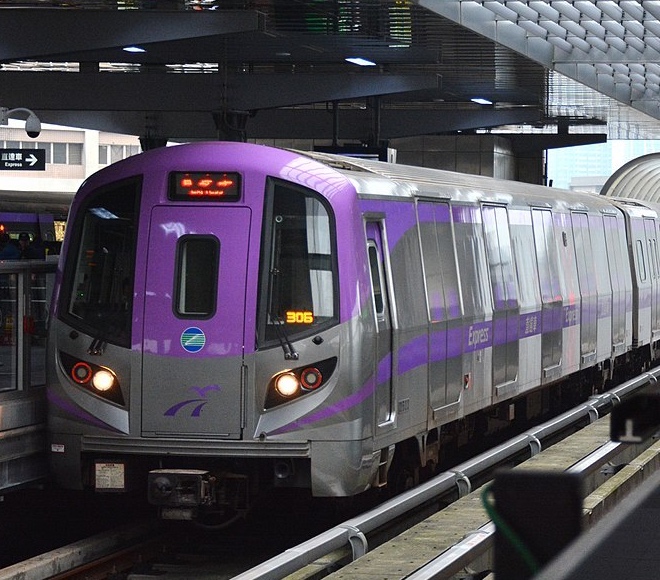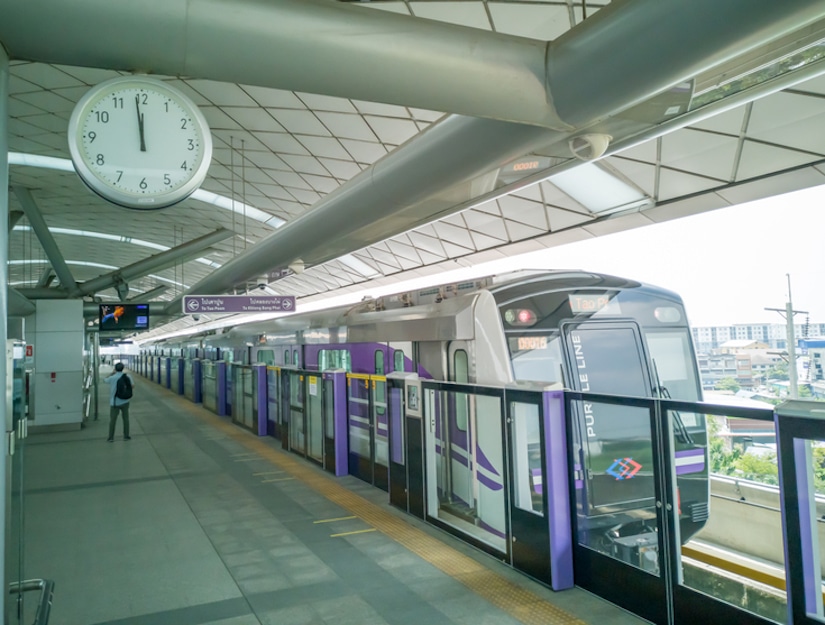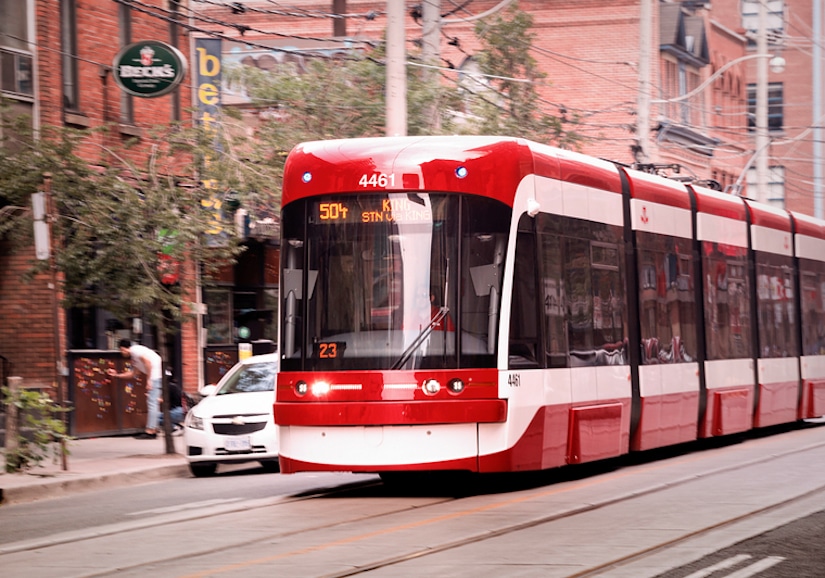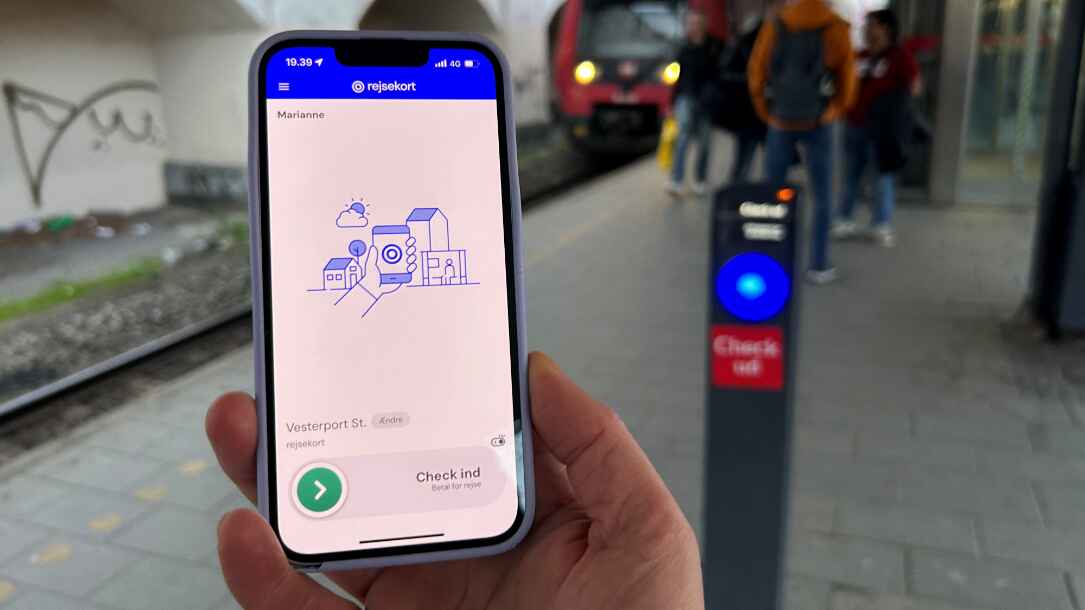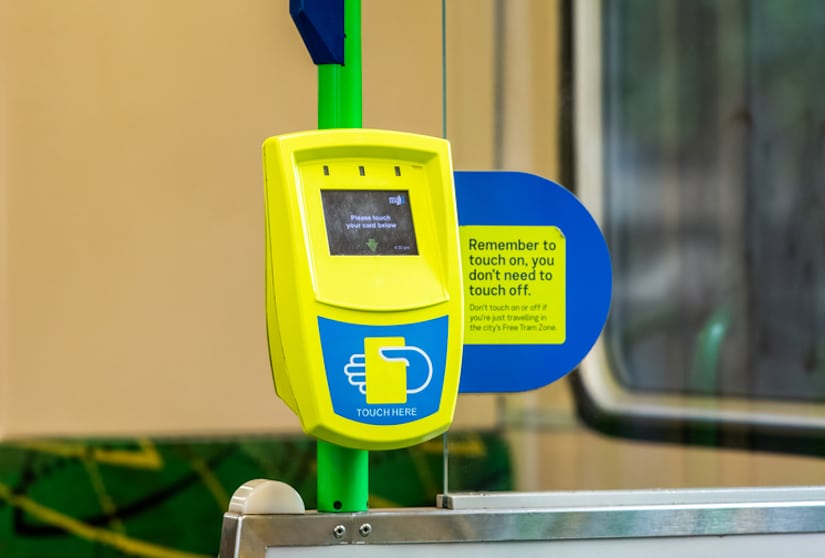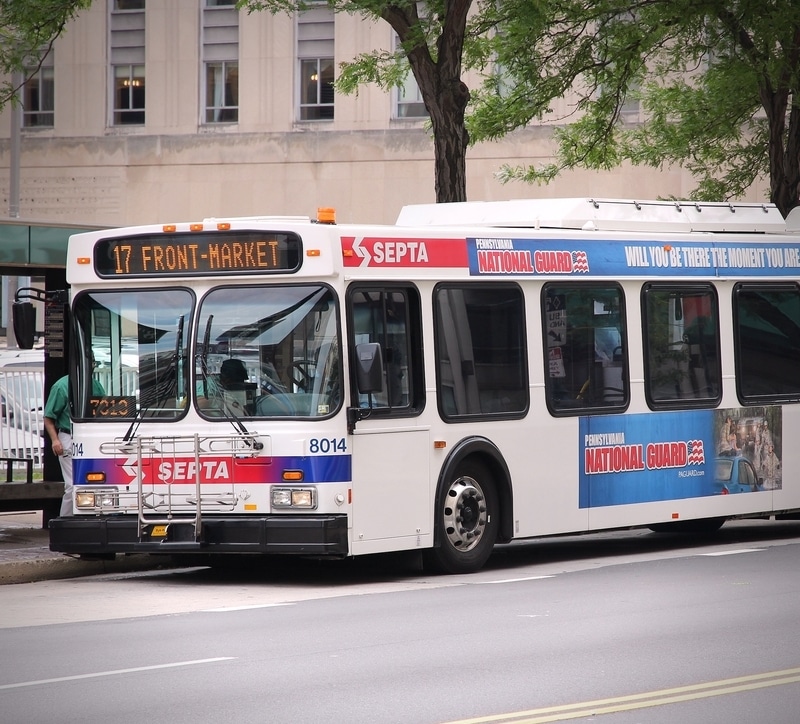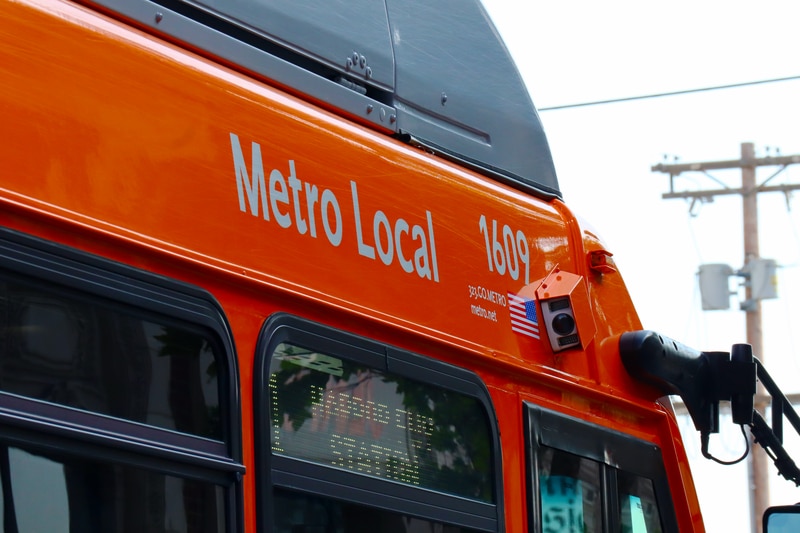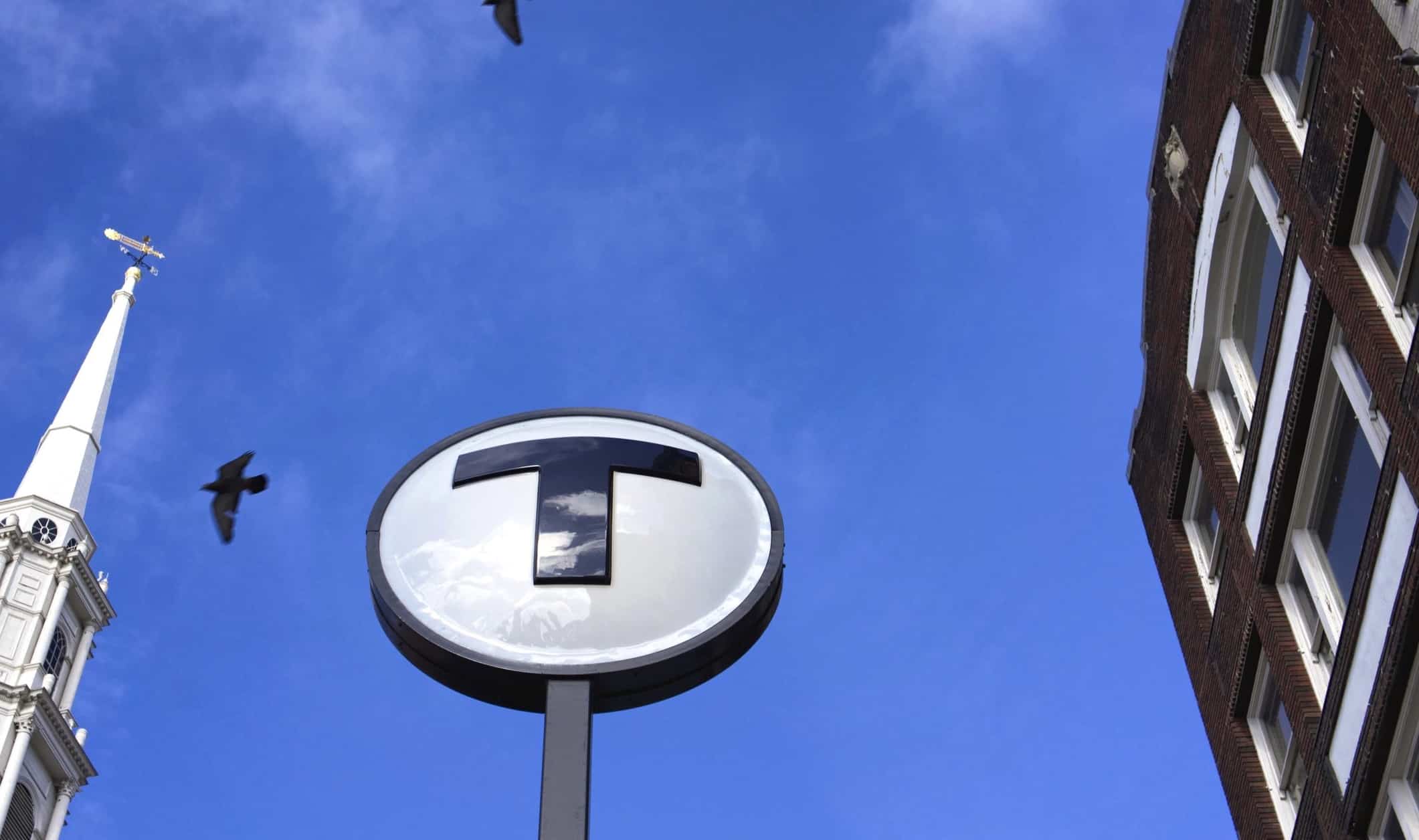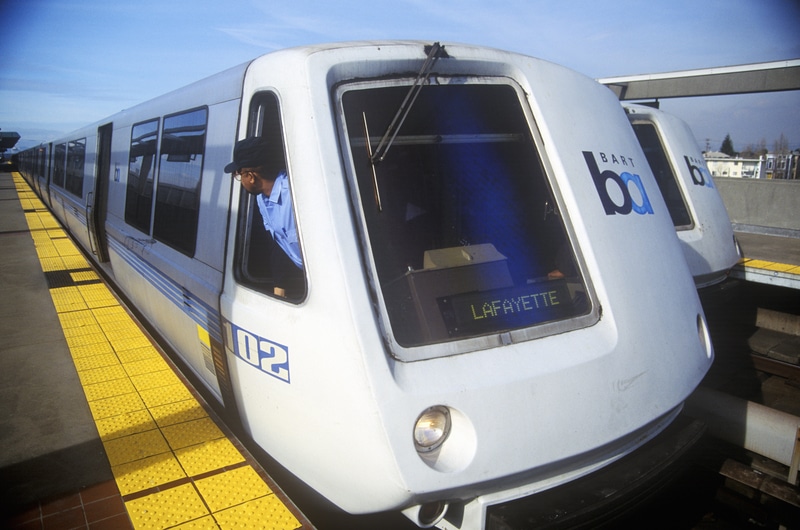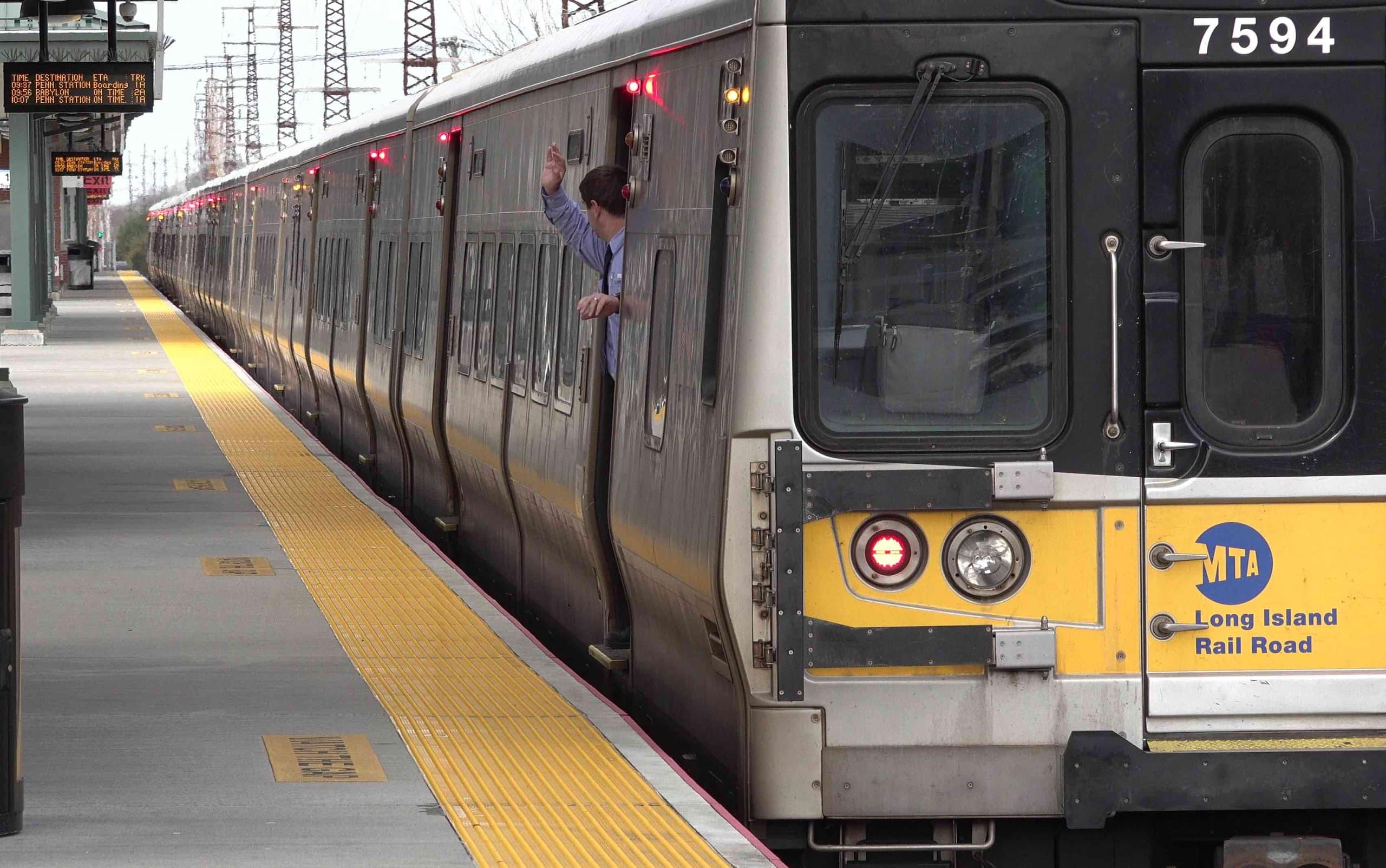
Richie Chan
Article Highlights
Key Takeaway:
Taiwan’s dominant transit fare-payments provider does not see a threat to this business segment from fintechs, but is being challenged by e-payments providers for its retail payments business.
Key Data:
• Graph: Top 5 e-Payments Apps, No. of users, Taiwan
Organizations Mentioned:
• EasyCard Corp.
• JKO Network
• Line Corp.
EasyCard Corp., Taiwan’s dominant transit e-purse, is not worried about fintechs taking away a significant share of its fare payments business and, in fact, is in talks to work with the country’s most popular e-payments fintech, Jkopay, the head of EasyCard said.







